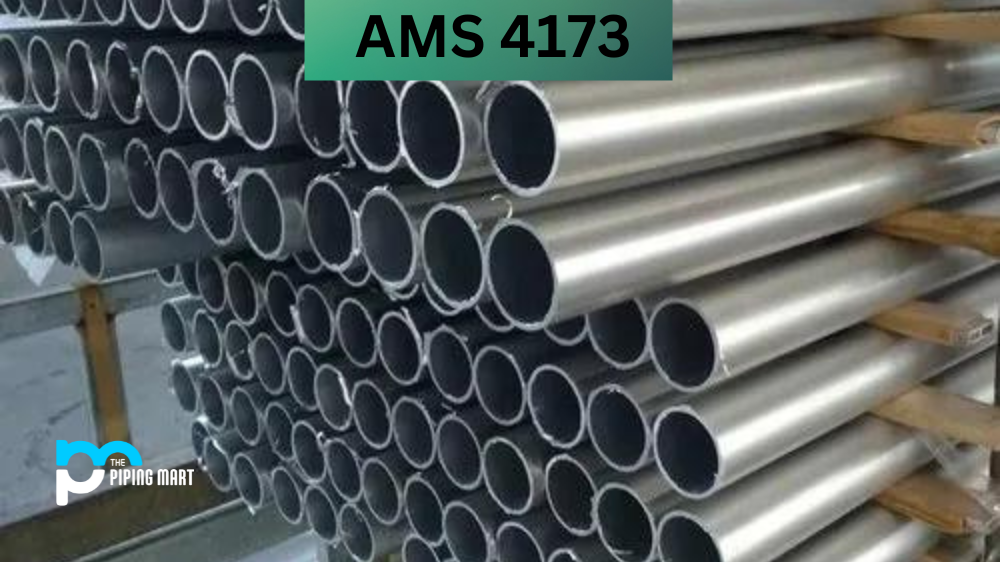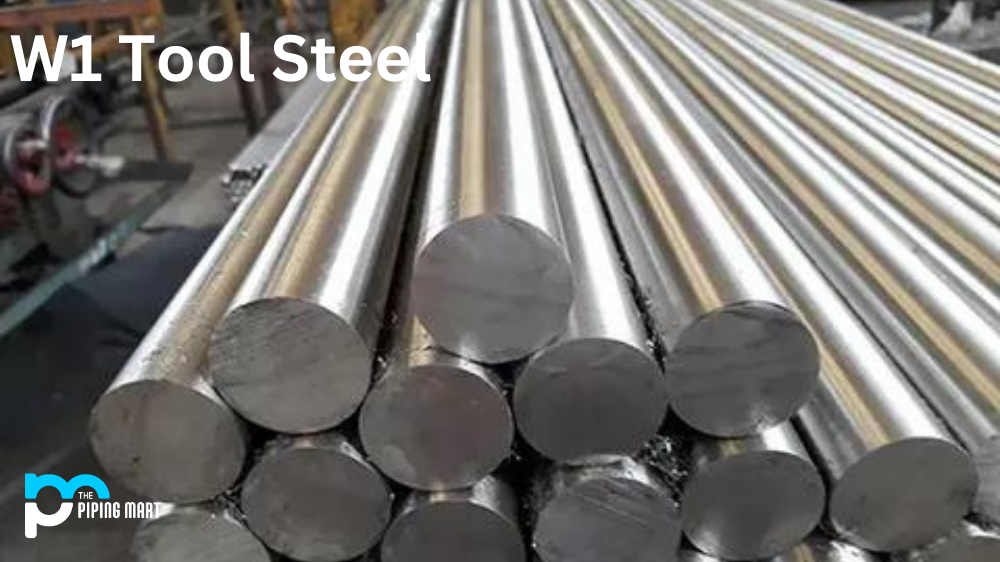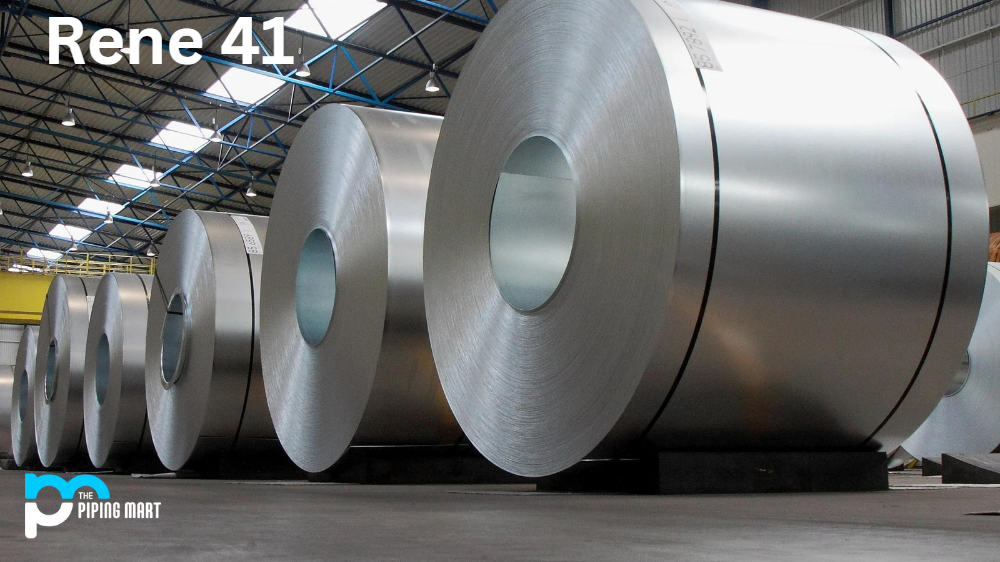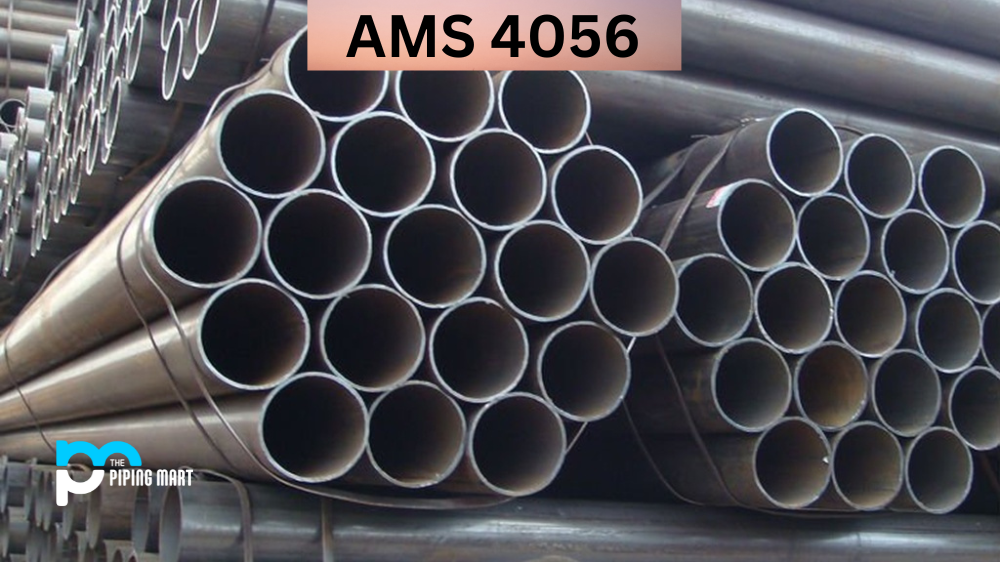AMS 4173 is a term you may have heard floating around engineering and manufacturing circles. It is a specification standard developed by SAE International for aircraft-grade, low-alloy steels. But what exactly is AMS 4173, and what makes it a popular choice for these applications? This blog post aims to answer those questions by diving into the composition, physical and mechanical properties, uses hardness, and heat treatment of AMS 4173.
What is AMS 4173?
AMS 4173 (also known as 6061 Aluminum Alloy) is a specification used in the aerospace industry to manufacture wire and cable. With the complexity of aerospace systems increasing, including the need for higher data transfer rates and safety requirements, accurate and reliable wiring and cabling are more critical than ever before. This specification ensures that wire and cable manufacturing meets the highest quality and safety standards. AMS 4173 sets the standard for electrical components used in harsh environments, such as aircraft and space vehicles. It covers everything from material selection and processing to performance testing and documentation requirements. Adhering to this specification ensures that aerospace manufacturers can provide safe and reliable components to their customers.
What Forms Is AMS 4173 Available at Piping Mart?
- Pipes
- Tubing
- Sheet Plates
- Pipe Fittings
- Forged Fittings
AMS 4173 Composition
AMS 4173 belongs to the alloy steel family and has a low carbon content. It combines iron, carbon, silicon, manganese, phosphorus, sulfur, and other elements for added strength and resistance to corrosion. It is known for its high strength-to-weight ratio, making it a popular choice in aircraft and aerospace applications.
| Element | Content (%) |
|---|---|
| Aluminium / Aluminum, Al | 97.9 |
| Magnesium, Mg | 1 |
| Silicon, Si | 0.60 |
| Copper, Cu | 0.28 |
| Chromium, Cr | 0.20 |
AMS 4173 Physical Properties
AMS 4173 steel has a density of 7.85 g/cm³, a thermal conductivity of 42.6 W/mK, and an electrical conductivity of 11.8 ×10⁶ S/m. It also boasts excellent machinability, making it a favourite for precision engineering parts. Its high melting point of 1540°C makes it resistant to heat, allowing it to withstand high thermal stress.
| Properties | Metric | Imperial |
|---|---|---|
| Density | 2.7 g/cm3 | 0.0975 lb/in3 |
| Melting point | 588°C | 1090°F |
AMS 4173 Mechanical Properties
AMS 4173 steel has high tensile and yield strength, making it suitable for high-stress resistance applications. Its elongation and area reduction are moderately low, so it may not have the same flexibility as other materials. However, the toughness of this alloy steel makes it less prone to cracking under stress.
| Properties | Metric | Imperial |
|---|---|---|
| Tensile strength | 310 MPa | 45000 psi |
| Yield strength | 276 MPa | 40000 psi |
| Shear strength | 207 MPa | 30000 psi |
| Fatigue strength | 96.5 MPa | 14000 psi |
| Elastic modulus | 68.9 GPa | 10000 ksi |
| Poisson’s ratio | 0.33 | 0.33 |
| Elongation | 12-17% | 12-17% |
| Hardness, Brinell | 95 | 95 |
AMS 4173 Equivalents
| AMS 4117 | ASTM B247 | ASTM B429 | DIN 3.3211 | MIL G-18014 | QQ A-200/8 |
| ASTM B209 | ASTM B307 | ASTM B483 | MIL A-12545 | MIL G-18015 | QQ A-225/8 |
| ASTM B210 | ASTM B313 | ASTM B547 | MIL A-22771 | MIL P-25995 | QQ A-250/11 |
| ASTM B211 | ASTM B316 | ASTM B548 | MIL F-17132A | MIL T-7081 | QQ A-367 |
| ASTM B221 | ASTM B345 | ASTM B632 | MIL F-18280 | MIL W-23351 | QQ A-430 |
| ASTM B234 | ASTM B361 | ASTM F467 | MIL F-39000 | MIL W-85 | QQ WW-T-700/6 |
| ASTM B241 | ASTM B404 | ASTM F468 | MIL F-3922 | QQ A-200/16 | SAE J454 |
AMS 4173 Uses
Due to its high strength-to-weight ratio, AMS 4173 is a popular material for aerospace, military aviation, and missile components. Some of its applications include parts for landing gears, engine mounts, hydraulic systems, and structural components.
AMS 4173 Hardness
AMS 4173 at its hardened and tempered conditions ranges from 248 to 302 HBW (Brinell hardness). It is essential to note that the hardness of the material can be adjusted via heat treatment, which we will dive into below.
AMS 4173 Heat Treatment
Heat treatment is crucial for AMS 4173 steel to enhance its mechanical properties. Annealing, normalizing, and tempering are some of the most common heat treatment methods applied to this material, depending on the desired final product. For instance, annealing high-carbon AMS 4173 can make the material softer and more ductile, while tempering can increase its hardness and wear resistance.
Conclusion
AMS 4173 is a robust, low-carbon alloy steel ideal for aerospace and automotive applications. Its high strength-to-weight ratio, excellent machinability, and high melting point make it ideal for withstanding high thermal and mechanical stresses. Heat treatment can adjust the material’s mechanical properties further and should be carefully selected depending on the desired final product. Understanding the uses, composition, mechanical properties, physical properties, hardness, and heat treatment of AMS 4173 adds value to selecting the right materials for your industrial application.

Pipingmart is a B2B portal that specializes in metal, industrial and piping items. Additionally, we share the latest information and information about materials, products and various types of grades to assist businesses that are involved in this business.




